When to Hire a Freelance Editor
So you’ve finished a book, and now you’re ready to take it to market—or are you?
The publishing world is evolving so quickly that it’s not always easy to know where to start. I know excellent writers who are finding it difficult to secure representation in today’s publishing environment.
The alternative may be to self-publish, but if you go that route, it’s essential that you give your book every chance to be successful. I recently read that less than five percent of self-published books are considered decent by readers, and only a small fraction of those will be financially successful. These aren’t very encouraging odds for a new writer.
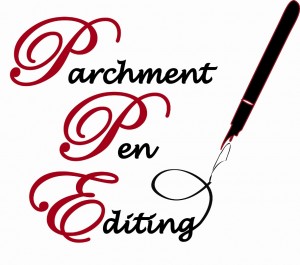 As the saying goes, you only get one chance to make a good impression. If you rush to self-publish, and your book has lots of problems, chances are none of its readers will buy anything else with your name on it. And if an unhappy reader posts an internet review of your book, they could alienate any and all new readers.
As the saying goes, you only get one chance to make a good impression. If you rush to self-publish, and your book has lots of problems, chances are none of its readers will buy anything else with your name on it. And if an unhappy reader posts an internet review of your book, they could alienate any and all new readers.
In the same vein, if you submit a poorly written manuscript to an agent, they may automatically refuse to read any future submissions from you. To give your book its best chance, you should join a writer’s group whose members can provide you coherent, constructive criticism. In addition, you should consider hiring an editor.
The next question is: what type of editor do you need?
Editors generally fall into four categories: developmental, structural, copyediting, and proofreading.
Developmental editors work most closely with the writer. Let’s say you have a strong idea for a book but aren’t sure where to begin. A developmental editor will hold your hand throughout the creative process, from beginning to end. They may also write segments of the book for you.
A structural editor provides you with an overview of your book, identifying the ways in which it does or doesn’t fit the requirements for its type. For instance, your novel may lack a strong plot. If so, the structural editor will work with you to devise ways in which your plot can be improved.
Copyeditors and proofreaders are the mechanics of the editing world. Copyeditors (aka line editors) edit for syntax, sentence structure, paragraph development, dialogue integrity, and smoothness of transitional choices. When I copyedit, I also provide a short analysis of the writer’s consistency with voice, organization, point of view and clarity of purpose as well as an overview of the manuscript’s effectiveness and a critique of the work as a whole.
The proofreader comes in after all other questions about a book have been settled. The proofreader is concerned only with grammar and spelling errors, assuring that your work is ready to go to print.
As an editor, I know it’s not always easy for a writer to recognize which type of assistance they require. For that reason, I offer free editing of the first five pages of a manuscript in order to determine whether or not the writer and I would be a good fit for each other.
So now that you have a clearer idea of what an editor can do for you, it’s equally important to understand what they cannot do. Primarily, they cannot guarantee a writer an agent or a book deal. However, if you choose to self-publish, an editor cannot only help you bring a polished product to the marketplace, they can also help prevent you from embarrassing yourself with a poor presentation of what could otherwise have been a successful project.
—
Kerry Holjes is a poet, writer, editor and accountant. She lives in North Carolina where she is working on her poetry and a fun mystery. She offers editing services through Parchment Pen Editing, and loves doing that. She has edited several novels, including two by Tamara Ward, Storm Surge and Private Deception. She has a personal profile on Facebook, and can be contacted through gmail.
Category: Contemporary Women Writers, On Publishing, US American Women Writers

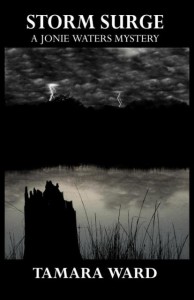





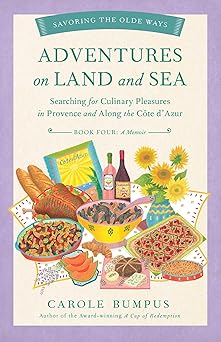
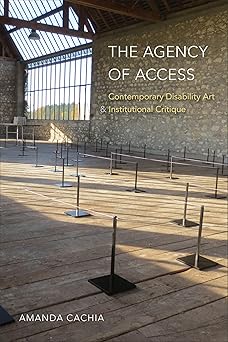
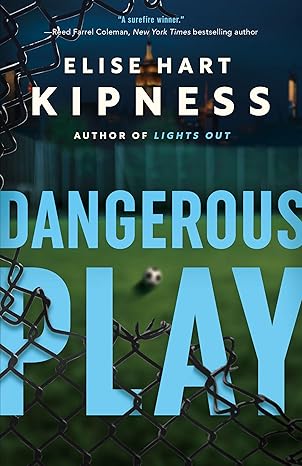
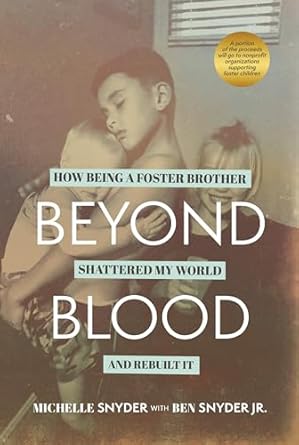
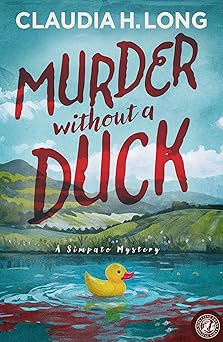
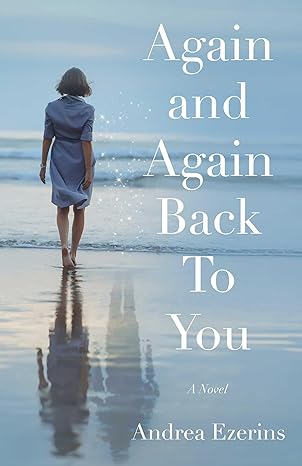

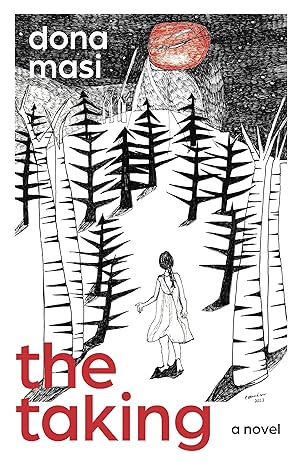



Interesting piece (as always on the site). I work as an editor as well as an author, and would like to second the point about joining a good writers group before working with a developmental editor(important, as groups can vary and, sadly, some are destructive rather than constructive). I work with a literary consultancy in the UK, Cornerstones, and many writers expect a developmental editor to also take on copyediting and proofing roles. I can see that this saves money but is far from ideal in my view. Anyway, yours is an important piece as more and more authors turn to self-publishing.
This is an excellent synopsis of the editing process, succinctly put. She must be a good editor.
Having done some editing myself, and relying on a good line editor recently, I agree it is often worth the time and expense.
Nice explanation of the different level of editors. Friends I’ve made in self-publishing circles seem to be unaware that there are different types of editing available for hire. I think it is important to hire the right type of editor for what you need done.
I also know people trying for traditional publishing, and they are hiring editors to give their manuscript the best chance possible after getting a few rejections. Editors are essential for all writers at some point in the process. Thanks for the explanation.
Hi, Kerry,
Great tips. As a developmental editor, it sounds like you can also help writers who are wanting to submit to traditional publishers – not just those who want to self-publish. You can help writers write a manuscript that is more marketable. That will save them so much time and money in the long run!
Hi Suzanne,
As a developmental editor, it would be my job to help you make your manuscript the very best it can be for its type. However, as I warned in my blog post, no editor can guarantee that an agent or a publisher will be interested in your book—no matter how fabulous the finished product. Let me add that before laying out the considerable cost of hiring a developmental editor, a writer should join a good writers’ group and/or submit some pages to a critique clinic for a reasonable fee. The more objective feedback a writer can get, the more aware that writer will be of their project’s shortcomings. Sometimes a reality check is essential prior to spending money on an editor. That’s one of the reasons I like to offer free editing for the first five pages of a manuscript. It lets me know whether or not the writer is in a position to engage an editor. A little honest feedback upfront can save a lot of financial hardship down the road. I think it’s unscrupulous for an editor to take on a writer before their project has had more informal review. I wish you the best with your writing and would enjoy helping you at any time in the future if you need assistance.